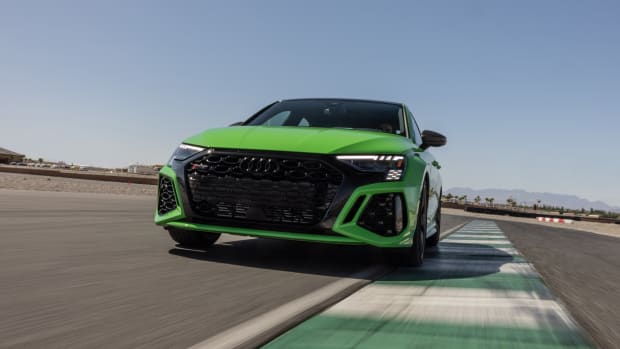Shop At Haya: Your Ultimate Shopping Guide
Discover the best shopping tips, trends, and deals for a smarter buying experience.
Revving Up Reality: The Truth Behind Car Reviews
Uncover the secrets of car reviews! Dive into the truth behind the hype and discover what really matters before your next ride.
The Hidden Influences: What You Should Know About Car Review Bias
When it comes to car reviews, consumers often assume that the opinions expressed are solely based on fair assessments of performance, reliability, and value. However, there are several hidden influences that can impact these evaluations. One major factor is manufacturer relationships. Many automotive journalists and reviewers may have longstanding connections with car companies that can subtly skew their perspectives. For instance, a reviewer who regularly tests vehicles provided by a specific brand might unconsciously favor those automobiles over competitors in their assessments.
Additionally, advertising dollars play a significant role in shaping car review content. Publications and websites that rely heavily on automotive ads may feel pressure to provide favorable reviews to keep their sponsors satisfied. This creates a scenario where audiences are often unaware of the potential bias behind a glowing review. To combat this, readers should seek out multiple reviews from a variety of sources and consider independent platforms that prioritize unbiased comparisons, ensuring a well-rounded understanding of a vehicle's true performance.

Decoding Car Reviews: Are They Really Trustworthy?
When it comes to car reviews, the question of trustworthiness often arises. With countless websites, influencers, and publications offering their opinions, it can be challenging to discern which reviews are genuine and which are biased. Many factors contribute to the credibility of a review, including the reviewer’s expertise, the transparency of their evaluation process, and any potential conflicts of interest, such as sponsorships or advertising. Additionally, a single review might not represent the overall consensus, leading to confusion among potential buyers.
To navigate this landscape, consumers should consider looking at multiple sources of car reviews to gather a well-rounded perspective. It’s beneficial to pay attention to reviews that highlight both pros and cons, as these tend to be more balanced. Moreover, seeking out reviews from professional automotive journalists, who have extensive experience and knowledge of the industry, can lend additional credibility. Ultimately, employing a critical eye and cross-referencing between different reviews will help ensure that prospective car buyers make informed decisions based on trustworthy assessments.
5 Essential Questions to Ask Before Trusting a Car Review
When you’re looking for car reviews, it’s crucial to approach them critically. One of the essential questions to ask is: Who wrote the review? Understanding the reviewer’s background can provide insight into their expertise and potential bias. Are they an industry veteran, a casual enthusiast, or perhaps affiliated with a dealership? Additionally, consider asking: What is the reviewer's experience with the specific make and model? Reviews from individuals who have extensively tested the car can carry more weight than generic opinions.
Another vital question is: Were the reviews based on actual test drives? Personal experiences often reveal practical information that specifications and features cannot convey, such as comfort, handling, or reliability. Inquiring about the review's publication date is also essential; a review written a few years ago may not reflect the latest upgrades or changes in the car's performance. Lastly, consider asking: What are the common themes in various reviews? Finding consistent praises or criticisms across multiple reviews can indicate the vehicle's true characteristics.